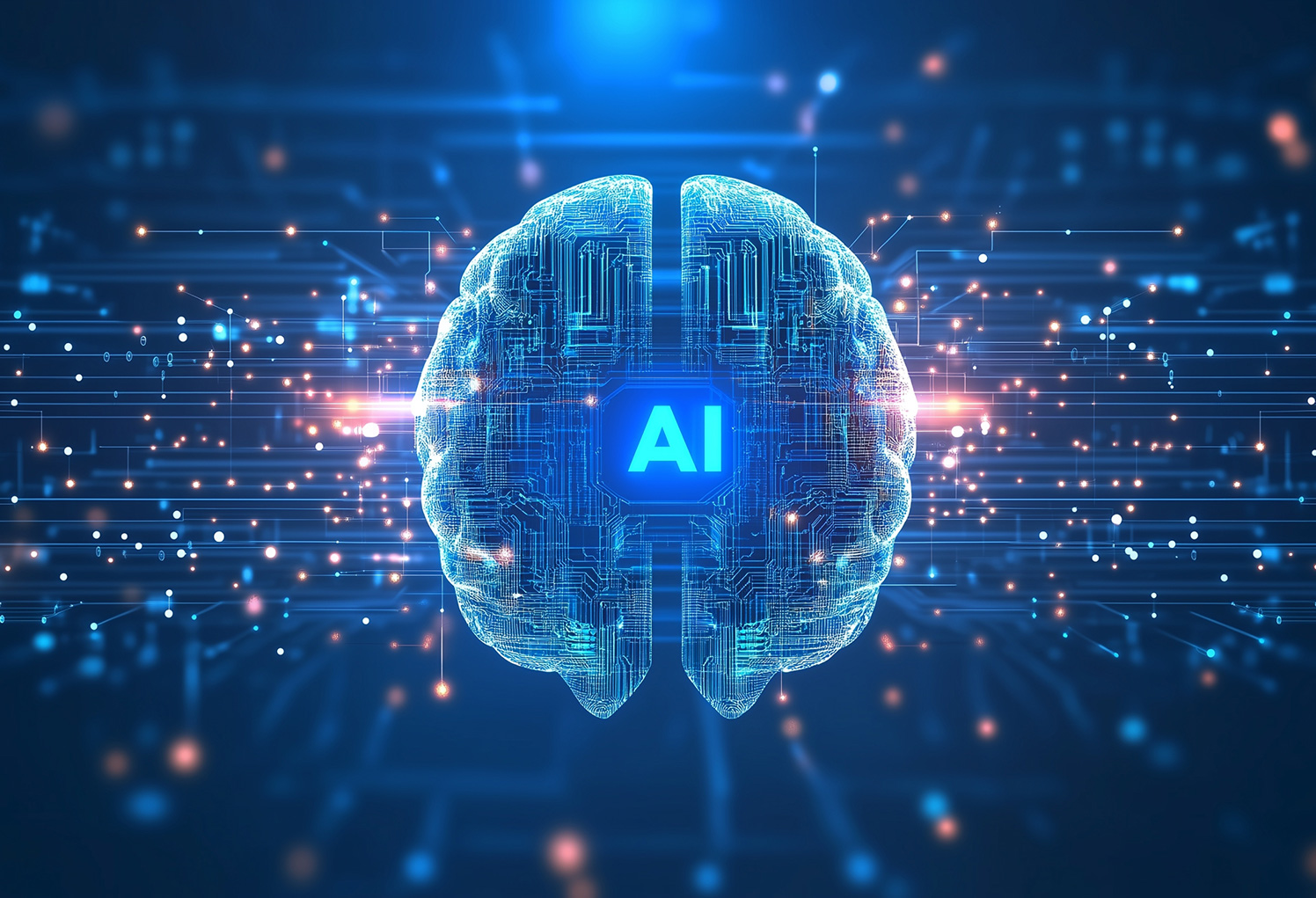Understanding the impact of AI on the business world is becoming inevitable for companies that have adopted or are considering adopting this technology. From time savings to smoother workflows, the numerous advantages AI offers make it an indispensable element in the modern business landscape. In this article, we will take a closer look at how AI is transforming business across various sectors.
Data Analysis and Decision-Making
One of AI's strongest areas is big data analysis and decision-making processes based on this data. Large data sets that are difficult to analyze through traditional methods can now be processed quickly and accurately using AI and machine learning algorithms. For instance, in a manufacturing plant, AI can monitor the efficiency levels of machines, detect anomalies, and suggest preventive maintenance measures.
Customer Relationship Management (CRM)
AI is fundamentally changing customer relationship management. Modern CRM systems automatically update and correct customer data, offering personalized suggestions tailored to customer needs, thereby improving satisfaction. For example, an AI-supported CRM system in a bank can detect a customer's interest in a house listing and offer them a tailored loan deal.
Digital Personal Assistants
AI-based digital assistants play a significant role in making business processes more efficient. These assistants take on tasks such as email management, calendar arrangements, and providing suggestions, allowing employees to focus more on strategic matters. Additionally, chatbots used in customer service respond to customer requests quickly and effectively, enhancing satisfaction.
Automation and Business Processes
AI excels at optimizing business processes through automation. Repetitive and routine tasks are automated through AI, reducing the risk of human error and increasing operational efficiency. For example, in the insurance sector, AI accelerates processes like risk assessment and fraud detection.
Creativity and Innovation
AI also makes significant contributions to creative processes and innovation. AI-supported systems help develop new products and services based on insights from large data sets. In marketing campaigns, AI can be used to determine the most appropriate messages for the target audience, enhancing the effectiveness of the campaigns.
Supply Chain Management
AI has brought about significant changes in supply chain management. AI systems optimize inventory management and improve logistics processes by forecasting demand. This helps minimize disruptions in the supply chain and reduces costs. For example, in the retail sector, AI can continuously monitor stock levels and even place automatic orders.
Human Resources and Recruitment
AI is revolutionizing human resources management as well. In recruitment processes, AI-supported systems can screen candidates and identify the most suitable ones, providing objective data during employee performance evaluations. This speeds up recruitment processes and contributes to fairer assessments.
Training and Development
AI is transforming the training and development processes for employees. AI-supported training programs offer personalized learning paths based on employee needs, allowing them to develop their skills more quickly and effectively. For example, a technology company could offer specialized coding courses to its employees to improve their skill levels.
Financial Services
In the financial sector, AI is used in areas like risk management, investment strategies, and customer service. Algorithms optimize investment portfolios for higher returns and help make safer credit decisions by assessing credit risks.
Healthcare Sector
AI is improving diagnosis and treatment processes in healthcare. AI systems that analyze large data sets can perform early diagnoses of diseases and recommend personalized treatment plans. Additionally, AI enhances operational efficiency in healthcare institutions by reducing costs and improving patient care quality.
Product and Service Development
AI also plays an important role in product and service development processes. By analyzing customer feedback, AI can guide new product development and contribute to the improvement of existing products. For example, in the automotive industry, AI can analyze driver behavior to optimize new vehicle designs.
Marketing and Advertising
AI personalizes marketing strategies to increase customer engagement. AI-based analyses are used to understand customer behavior and preferences, and this data contributes to the creation of targeted advertising campaigns. For instance, e-commerce websites can use AI algorithms to analyze past purchasing behavior and offer personalized recommendations to users.
AI in the Future of Business
As businesses continue to explore and adopt AI technologies, the opportunities presented by this rapidly developing field are also expanding. With ongoing advancements in machine learning, natural language processing, and computer vision, AI's potential in the business world is becoming increasingly apparent. In the future, the integration of AI into daily operations is expected to increase. From automating repetitive tasks to improving decision-making processes, AI can streamline operations and boost overall efficiency.
As technology advances and the capabilities of AI systems expand, it will be inevitable for businesses to integrate these solutions across various sectors. From customer experience to security challenges, the potential applications of AI are broadening, offering businesses new opportunities for growth and innovation. Companies that adopt AI and fully leverage its potential will continue to lead and thrive in the rapidly changing digital world.
References:
1- PCSOCIAL. (n.d.). How Artificial Intelligence is Transforming the Business World. Medium.
https://pcsocial.medium.com/how-artificial-intelligence-is-transforming-the-business-world-a216a0b70a67
2- Business News Daily. (n.d.). Artificial Intelligence in Business: Top Trends for 2023.
https://www.businessnewsdaily.com/9402-artificial-intelligence-business-trends.html

 Go Back
Go Back
10.09.2024
How Artificial Intelligence is Transforming the Business World
In recent years, artificial intelligence (AI) has rapidly evolved, creating a revolutionary transformation in the business world. This technology not only makes business processes more efficient and effective but also offers innovative solutions that provide a competitive advantage. Moreover, this change is not limited to specific sectors but has started to manifest in nearly every field.

More CoBAC Journal
Contact Us
We are ready to help you with anything you need. Share your contact information below and we will contact you as soon as possible.



